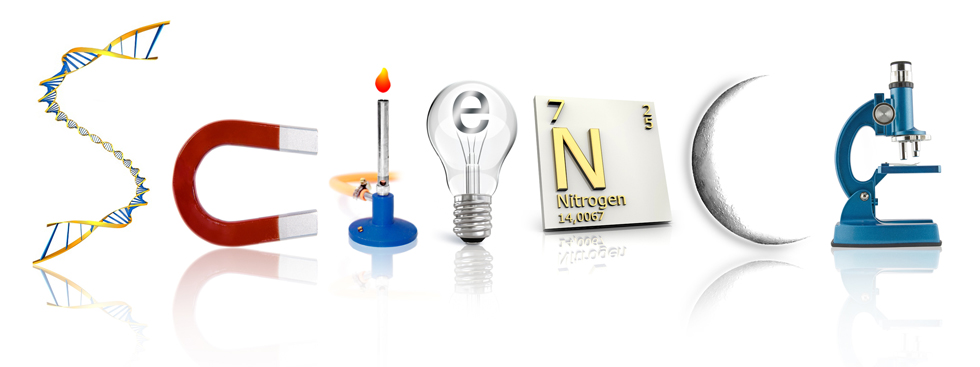Science
MIDDLE SCHOOL SCIENCE
The BA Science course offerings are designed to provide students with an introduction to the sciences, to acquire knowledge of and appreciation for the natural world, and to understand how scientific topics relate to their lives and the well-being of our planet. Students in Middle School science will practice the skills of thinking, reading and writing critically from a scientific perspective. Students actively participate in testing hypotheses, conducting experiments, analyzing data and solving problems. Well-equipped classrooms and a willing teacher ensure that our students have numerous and applicable hands-on experiences.
Earth Science concepts are presented using inquiry-based instruction in classroom environments that include laboratory experiences, both individual and cooperative group learning activities, which promote understanding of unifying concepts, principles and themes. Students learn the laws of nature, the scientific method, the process of critical thinking, and mastery of the basic concepts of the fundamental sciences of meteorology, geology, oceanography and environmental science, through a variety of activities and strategies. The Earth Science curriculum integrates with the middle school math, history, language, and computer science course curricula. Assessment practices are varied and focus on achievement and the opportunity to learn. The ultimate goal is to encourage the innate curiosity and interest of sixth grade students, so they may become lifelong learners and scientifically literate individuals, in order to make informed choices in society.
Life Science is the study of living things and their interactions with the environment. In this course students will have the opportunity to conduct and design experiments, identify and classify organisms, perform dissections, and explore Florida’s rich natural habitats. Students will develop skills in scientific research, data recording, classification, measuring, conducting observations, hypothesizing, analyzing, evaluating and inferring. Students in seventh grade science develop an appreciation for the interconnection between living things and their environment and continue to study the scientific method. The course is designed to encourage the innate curiosity of seventh grade students, so they may become lifelong learners and scientifically literate individuals.
Students in 7th grade Life Science will study: Cells, Diversity of Organisms, Plants Kingdom, Animal Kingdom, Fungi, Bacteria, Protists, Human Systems (muscular, skeletal, and nervous systems).
Physical science is the study of matter, energy, and the changes they undergo. Hands-on labs and activities are incorporated into the daily lesson to help students gain a conceptual understanding of the concepts presented. Students are encouraged to think critically about the world around them and make connections to their everyday life. Students in eighth grade science will study:
In Physics, students develop an understanding of the relationship between motion and force, and learn about the different forms of energy and the physical laws that govern them. Students will study: Scientific Method; International Metric System; Motion and Forces; Work and Energy; Thermal Energy; Waves; Electromagnetic Spectrum.
In Chemistry, students study the properties of matter and how matter changes. They learn about the fundamental composition of matter and how it relates to energy, about atoms and elements and how the periodic table is arranged and then use this information to understand chemical reactions. Students will study: General Properties of Matter; Physical and Chemical Changes; Classes of Matter; Classification of Elements; Chemical Reactions; Organic Chemistry.



